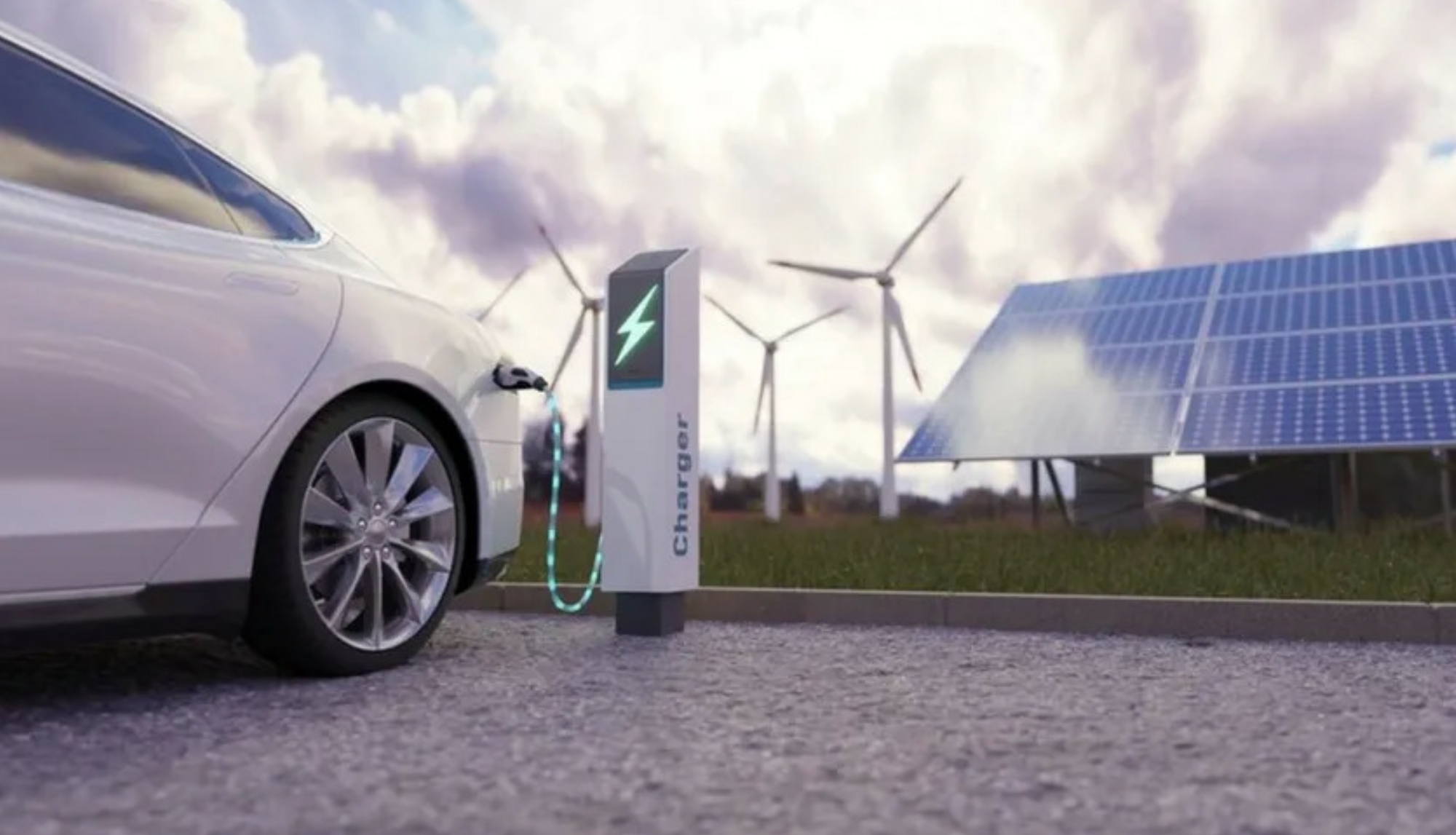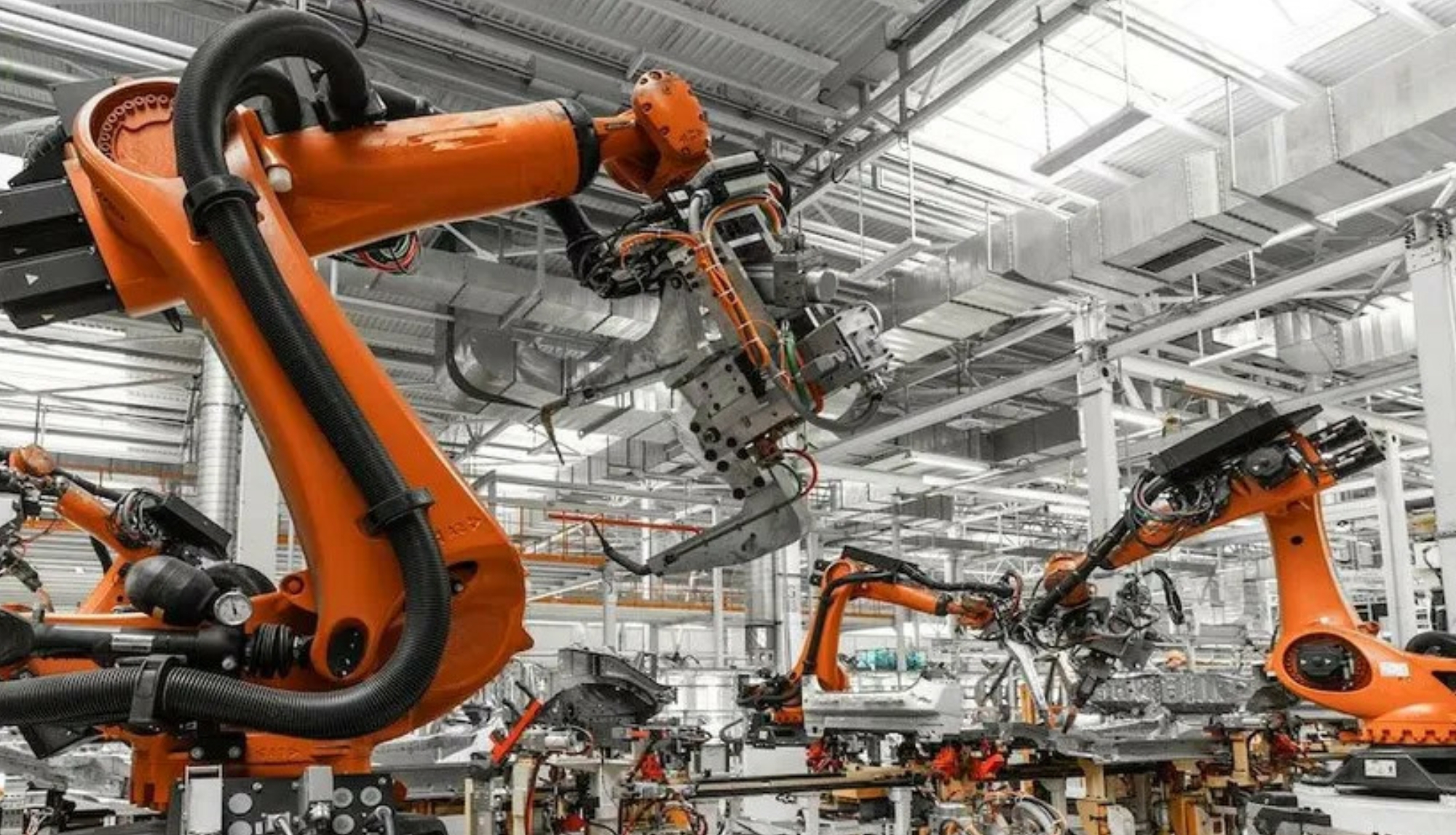
Driving Innovation: How Electric Vehicles Are Reshaping the Future of Automotive Manufacturing
A Move Toward Sustainability
Electric vehicles (EVs) are shaking up the auto industry, pushing manufacturers to completely rethink how cars are made. With rising concerns about climate change and stricter government policies, the shift away from gas-powered cars to cleaner, electric alternatives is in full swing. But this is more than swapping engines—it’s a fundamental change in how vehicles are designed, produced, and sold. For automakers ready to embrace the challenge, this transformation isn’t just necessary—it’s an opportunity to lead the charge into the future.
A New Way to Build Cars
Building an electric vehicle is a whole different ballgame. Traditional car factories built around gas-powered engines are being reimagined to handle the unique needs of EVs, like batteries and electric motors. Automakers are also experimenting with new techniques to make production faster and more efficient. For instance, some are designing cars where the battery is part of the vehicle’s structure, saving space and weight. These innovations aren’t just about making EVs better—they’re about making them affordable for more people, helping the industry grow even faster.
Rethinking the Supply Chain
Switching to EVs has sent ripple effects through the entire supply chain. Batteries need materials like lithium, cobalt, and nickel, and securing enough of these has become a top priority. Automakers are forming partnerships with mining companies and even building their own battery factories to make sure they can keep up with demand. At the same time, companies are figuring out how to recycle old batteries to get valuable materials back, which helps reduce waste and lower costs. These changes are creating a more sustainable and resilient supply chain, paving the way for long-term success.
What’s Next for Car Manufacturing?
The rise of EVs is transforming the automotive world, and the changes go far beyond the vehicles themselves. Automakers are pouring resources into new technologies, from self-driving systems to ways EVs can work with renewable energy. These breakthroughs could redefine what transportation looks like in the years to come. For car manufacturers, this shift is challenging, but it’s also a chance to shape the future of mobility. Those who adapt quickly will help drive the industry into a smarter, greener era.
From Automation to AI: The Technologies Revolutionizing Car Production in 2024

A New Era of Car Manufacturing
In 2024, the automotive industry is undergoing a transformation like never before, driven by cutting-edge technologies that are changing the way cars are made. Automation has been a staple of car production for years, but now artificial intelligence (AI) is stepping in to take things to the next level. From streamlining assembly lines to improving quality control, these innovations are helping automakers meet growing demand for electric and autonomous vehicles while staying competitive in a fast-changing market.
Smarter Assembly Lines
Robots have long been a part of car manufacturing, but today, they’re smarter and more efficient than ever. AI-powered systems are now guiding automated robots to perform tasks with precision that was previously unthinkable. For example, these robots can adapt in real time to unexpected changes, like a part being out of place, without stopping the entire production line. Automakers are also using digital twins—virtual replicas of production processes—to simulate and optimize factory workflows, saving time and resources. These advancements make car production faster, safer, and more reliable.
Quality Control Like Never Before
One of the biggest impacts of AI is in quality control. Cameras and sensors powered by machine learning algorithms can now spot even the tiniest defects that human inspectors might miss. This ensures every vehicle leaving the factory meets the highest standards, reducing recalls and improving customer satisfaction. AI systems can also predict potential equipment failures before they happen, minimizing downtime and keeping factories running smoothly. These technologies aren’t just improving cars—they’re improving the way they’re built.
What It Means for the Future
As automation and AI continue to evolve, car production is becoming more efficient, sustainable, and adaptable. Automakers are able to produce electric and autonomous vehicles at scale while keeping costs down, which is critical as the industry shifts toward cleaner and smarter transportation. At the same time, these technologies are creating new opportunities for skilled workers to oversee and enhance these advanced systems. The road ahead is exciting, as the innovations of 2024 lay the foundation for the cars and factories of tomorrow.
Sustainability in Motion: The Shift Toward Eco-Friendly Materials in Automotive Manufacturing

Rethinking What Cars Are Made Of
The automotive industry is undergoing a transformation, and it’s not just about electric vehicles or autonomous driving. A quieter but equally important revolution is taking place in the materials used to build cars. As consumers and governments demand more sustainable solutions, automakers are moving away from traditional materials like steel and plastic and embracing eco-friendly alternatives. From recycled metals to plant-based fabrics, these innovations are reshaping the industry while reducing its environmental footprint.
Recycled Metals: Closing the Loop
Steel and aluminum are staples of car manufacturing, but producing them requires significant energy and natural resources. To address this, automakers are turning to recycled metals. By repurposing materials from old vehicles, factories, and even soda cans, manufacturers can significantly cut down on energy use and carbon emissions. For example, some companies are now using aluminum with a high recycled content for body panels, offering the same strength and durability as new metal while being far more eco-friendly.
Plant-Based and Recycled Interiors
Inside the car, sustainability is becoming just as important as performance. Automakers are swapping out traditional leather and synthetic materials for alternatives like plant-based fabrics and recycled plastics. Seats made from cactus leather, carpets from recycled fishing nets, and dashboards from hemp-based composites are becoming more common. These materials are not only environmentally friendly but also lighter, which helps improve fuel efficiency or extend the range of electric vehicles.
Reducing the Carbon Footprint of Batteries
As electric vehicles take center stage, attention is shifting to the environmental impact of their batteries. Mining for raw materials like lithium and cobalt has significant consequences for ecosystems and local communities. To combat this, companies are exploring ways to source these materials more responsibly and are investing heavily in battery recycling technologies. Some manufacturers are even developing batteries that use less harmful materials, paving the way for a greener EV future.
Collaboration Across the Supply Chain
Building a truly sustainable vehicle requires collaboration at every level of the supply chain. Automakers are working with suppliers to ensure that raw materials are ethically sourced and production processes are energy-efficient. Partnerships with startups and research institutions are also driving innovation in sustainable materials. For example, bioengineering companies are creating new, renewable materials specifically designed for automotive use, pushing the boundaries of what’s possible.
A Greener Road Ahead
The shift toward eco-friendly materials in car manufacturing is about more than meeting regulations—it’s about creating a future where sustainability and innovation go hand in hand. Consumers are increasingly looking for vehicles that align with their values, and automakers are rising to the challenge. As these materials become more affordable and accessible, they’ll play a key role in shaping the next generation of vehicles. The road ahead is clear: sustainability isn’t just a trend in the automotive world—it’s the way forward.




